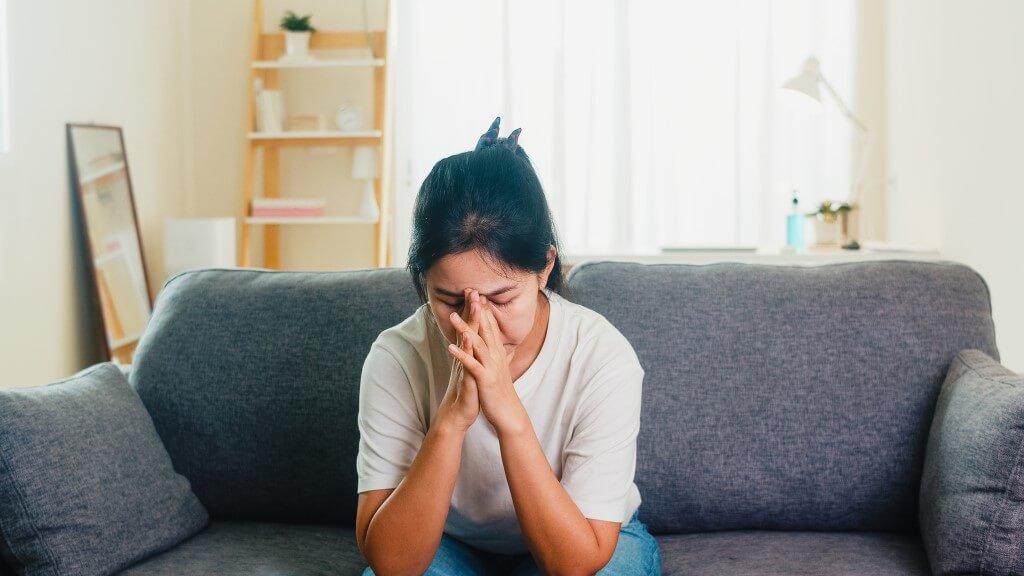When your loved one grapples with benzodiazepine addiction, it can feel like they’re caught in a whirlwind, and it’s easy to be overwhelmed by a plethora of treatment options. As a holistic addictions counselor, I’ve seen the profound impact that a holistic approach can have on benzodiazepine addiction recovery. This method is not merely about addressing the physical dependency; it’s about healing the whole person – mind, body, and spirit.
Benzodiazepines, commonly referred to as ‘benzos’, are sedative medications often prescribed for anxiety and insomnia. However, they carry a significant risk for dependency and withdrawal1. Traditional treatments primarily focus on medical detoxification and therapy, but for many South Africans, a comprehensive holistic approach provides an all-encompassing path to recovery.
Holistic recovery methods integrate traditional treatments with alternative therapies like acupuncture, meditation, yoga, nutritional counseling, and more2. It recognizes that addiction is multifaceted, affecting every aspect of a person’s being. So, when you’re considering the best route for your loved one’s recovery, remember that the physical withdrawal is just one aspect. Emotional and psychological healing is equally critical.
Misconceptions about holistic approaches are not uncommon. Some believe it’s a ‘soft’ method, lacking the rigour of traditional medical models. However, research suggests that combining both standard and holistic treatments can offer more sustained recovery outcomes3. Others worry about the lack of scientific evidence supporting alternative therapies. But as more studies are conducted, many holistic practices, like mindfulness meditation, have been recognized for their efficacy in addiction treatment4.
South Africa’s diverse cultural landscape offers a unique backdrop for holistic recovery. Traditional African healing practices can seamlessly merge with more Western holistic modalities, creating a rich tapestry of healing opportunities. Such a fusion recognizes and honours the rich heritage many South Africans share while also adopting globally recognized therapeutic strategies.
In essence, a holistic approach to benzodiazepine addiction isn’t about replacing the tried and tested; it’s about enhancing it. For your loved one, this could mean a richer, more supported journey towards a life free from the shackles of addiction.
Guide to Holistic Approaches to Benzodiazepine Addiction Recovery
- Understanding the Basics: Start by familiarizing yourself with what benzodiazepines are and why they can lead to dependency. Recognizing the problem is the first step towards finding a solution. It’s essential for you and your loved one to understand the nature of benzodiazepines and their associated risks.
- Evaluate the Whole Picture: Consider the mental, emotional, and physical health of your loved one. Recognize that benzodiazepine addiction isn’t just a physical dependency; it affects the mind and spirit as well.
- Find a Holistic Treatment Center: Look for treatment centers in your area that offer holistic approaches to benzodiazepine addiction. These centers should integrate traditional treatments with alternative therapies.
- Integrate Traditional Treatment: Ensure that your loved one undergoes medical detoxification, which is crucial for benzodiazepine withdrawal. Professional oversight will ensure safety and manage withdrawal symptoms.
- Explore Alternative Therapies: Delve into therapies like acupuncture, yoga, or meditation. These can be particularly helpful for managing stress, anxiety, and the emotional challenges that come with addiction recovery. You and your loved one can explore different modalities to find what resonates best.
- Prioritize Nutrition: Focus on a balanced diet. Nutritional counseling can help address any deficiencies and ensure that the body is getting the necessary nutrients to heal and recover.

- Embrace Mindfulness Practices: Encourage practices like meditation or deep-breathing exercises. Mindfulness can be a powerful tool to keep one grounded, especially during challenging moments in recovery.
- Connect with Nature: Spend time outdoors. Whether it’s walking in a park, hiking, or simply sitting in a garden, connecting with nature can have therapeutic benefits.
- Engage in Physical Activity: Regular physical exercise, whether it’s gentle stretches or more vigorous activities, can help release endorphins, boosting mood and aiding in the recovery process.
- Incorporate Traditional African Healing Practices: If these resonate with you and your loved one, consider integrating them into the recovery process. Many South Africans find solace and strength in these age-old practices.
- Join a Support Group: Whether it’s a traditional 12-step group or a holistic recovery circle, being part of a community can offer invaluable support and insight. Sharing experiences and struggles with others on a similar journey can be immensely healing.
- Stay Informed: Continuously educate yourself about the latest research and findings related to holistic recovery. Knowledge can empower you and your loved one, ensuring that the chosen path is both effective and fulfilling.
Remember, every individual’s journey is unique. While this guide provides a comprehensive roadmap, it’s essential to tailor the approach based on what works best for your loved one. It’s all about creating a balanced, holistic strategy that addresses the mind, body, and spirit.

